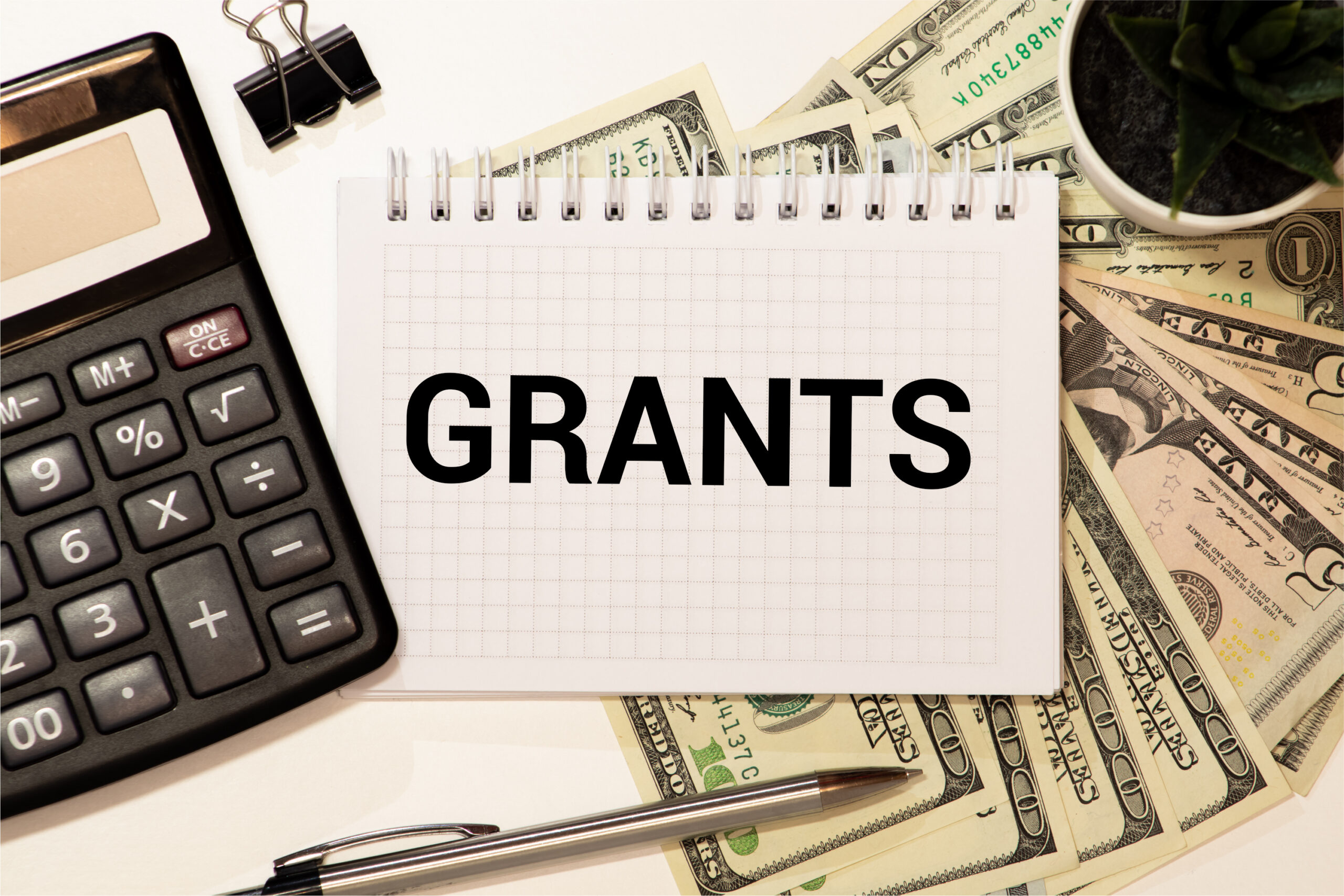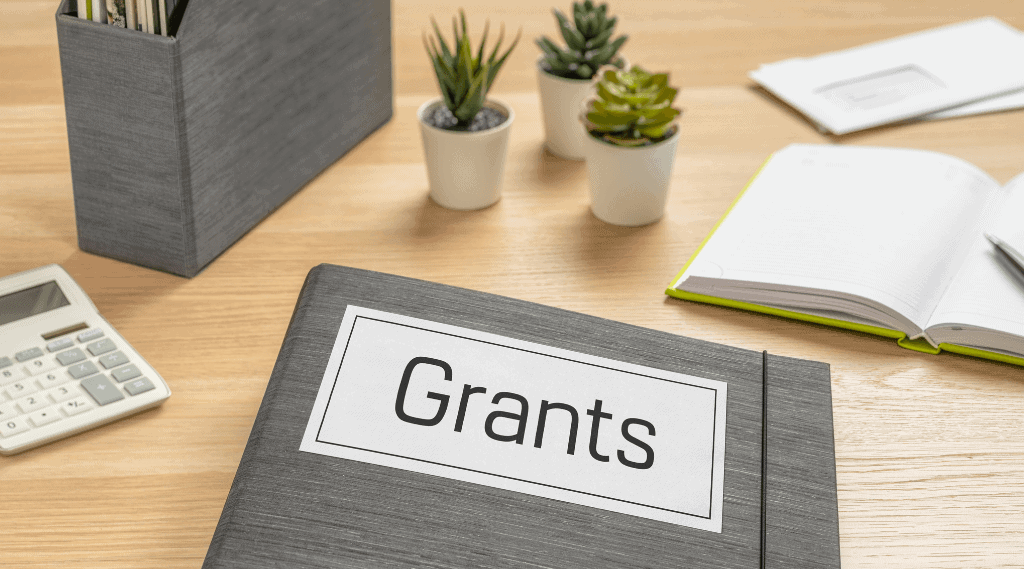In simple terms, grant writing is the process of crafting proposals to secure funding from government agencies, foundations, or private organizations. I have seen firsthand how a well-prepared proposal can transform an idea into a funded project. With a little practice, anyone can learn how to communicate their ideas in a way that resonates with decision-makers.
The purpose of this article is to break down the essentials of grant writing and help you feel confident in your ability to create a winning proposal. I’ll cover everything from the basics to some useful tips and resources, all in a friendly and straightforward manner.
What Is Grant Writing?
Grant writing involves researching funding opportunities and preparing proposals that clearly outline your project’s goals, methods, and potential impact. These proposals include detailed budgets and explanations of how funds will be used.
Many nonprofits, educators, researchers, and even small businesses rely on grants to support their projects. I believe that mastering grant writing can be a game changer because it gives you the ability to secure financial support that might otherwise seem out of reach.
For example, organizations in the United States received over $140 billion in federal grant funding last year, according to data from Grants.gov. This shows that there is a massive pool of funds available for those who know how to navigate the system.
The Importance of Grant Writing
Understanding grant writing is important for several reasons. First, it provides a path to funding that doesn’t need to be repaid. Unlike loans, grants are essentially free money that can help bring a project to life.
Just Before You Go
Empower individuals to overcome barriers, gain essential skills, and secure gainful employment through our proven programs—KeelMaster, KeelWings, and KeelMate. Your support can spark change and build brighter futures.
Donate NowSecond, writing a successful grant proposal can add credibility to your project. When you can clearly articulate your goals, plan, and expected outcomes, it builds trust with potential funders.
Finally, mastering this skill can open up career opportunities, whether you are working for a nonprofit organization or considering a freelance career in grant writing.
The Process of Grant Writing
There are a few key steps involved in writing a successful grant proposal. I’ve broken down the process into simple parts:
1. Research Funding Opportunities
Before you start writing, it’s important to find the right grant for your project. Look at websites like Grants.gov and Foundation Center to explore different funding opportunities. Make sure you choose a grant that aligns with your project’s goals.
2. Understand the Guidelines
Each grant comes with its own set of rules. I always read through the guidelines carefully to ensure that my proposal meets all the requirements. This can include page limits, formatting instructions, and deadlines.
3. Plan Your Proposal
A solid plan is the backbone of any proposal. Think about the following:
- Project Description: What is your project about? Why does it matter?
- Goals and Objectives: What do you hope to achieve?
- Budget: How will you use the funds?
- Timeline: What is your schedule for completing the project?
Creating a detailed outline before you start writing helps keep your proposal organized and on track.
4. Write a Compelling Narrative
The narrative is where you tell your story. I focus on making it personal and clear. Describe your project in simple terms, explain its significance, and share any personal insights or experiences that highlight why you are the right person to lead this effort. Keep your language simple and direct.
5. Review and Edit
After writing your proposal, I take time to review and refine it. This step is crucial because even small mistakes can hurt your chances. Consider asking a trusted colleague or friend to review your work as well.
Essential Tips for Success
Over time, I’ve gathered some tips that have helped me succeed in grant writing:
- Be Clear and Concise: Avoid overly complicated language. Simplicity can make your proposal more persuasive.
- Show Passion: Funders want to see that you truly care about your project. Let your enthusiasm shine through.
- Stick to the Guidelines: Every grant has specific rules. Following them exactly can set you apart from less attentive applicants.
- Use Data and Examples: Back up your claims with facts and figures. For instance, using data from reputable sources like Statista or government reports adds weight to your proposal.
- Proofread: Spelling and grammar errors can distract from your message. I always take time to proofread carefully before submitting.
Common Pitfalls to Avoid
Even with good intentions, mistakes can happen. Here are some common pitfalls I’ve seen and learned to avoid:
- Ignoring the Audience: Make sure you write for the people who will be reading your proposal. Understand what they care about and address those points directly.
- Overcomplicating the Proposal: It’s easy to get lost in technical details. Remember, clarity is key.
- Missing Deadlines: Keep a calendar of important dates and plan well in advance.
- Overestimating or Underestimating the Budget: A balanced budget that realistically reflects your needs is essential. Double-check your figures to ensure accuracy.
Useful Resources
I have found that a few online resources have been especially helpful in refining my grant-writing skills:
- Grants.gov: This official government website is a treasure trove of information on federal grants.
- Foundation Center: Provides detailed information on private and corporate grants.
- GrantSpace: Offers free tools and training for nonprofit organizations and individuals.
- Local Workshops and Webinars: Many local libraries, community centres, and universities offer free or low-cost workshops on grant writing. Checking community bulletin boards or local event listings can lead to helpful opportunities.
FAQs
What types of projects can benefit from grant writing?
Nearly any project can benefit, from community programs and educational initiatives to scientific research and small business ventures. The key is finding a grant that matches your project’s purpose.
How long does it take to write a grant proposal?
The time required can vary. Some proposals may take a few days, while more complex projects might require weeks of preparation. Planning ahead and breaking the process into manageable steps can help.
Can I hire a professional grant writer?
Many organisations hire professionals if they feel the process is too challenging or time-consuming. However, learning to write grants yourself can also be a valuable skill in the long run.
What happens if my proposal is not accepted?
Rejection can be part of the process. It provides an opportunity to learn and improve your proposal for future submissions. I always review feedback carefully to enhance my next application.
How important is the budget in a grant proposal?
The budget is very important. It must accurately reflect the project’s needs and show funders that you have a clear plan for spending the money. It should be detailed, realistic, and aligned with the narrative of your proposal.
Conclusion
Grant writing is more than just a process—it is a powerful tool for turning ideas into reality. By understanding the key components of a strong proposal and applying the tips I’ve shared, you can improve your chances of securing funding for the projects you care about.
This journey requires attention to detail, a clear narrative, and an honest presentation of your goals and needs. I have seen that the more effort you put into your proposal, the better your chances of success.
This article has given you an overview of the basics, along with a deep dive into the steps involved and common pitfalls to avoid. I have also provided additional resources and answers to some of this topic’s most frequently asked questions. Learning how to write a grant proposal can open up many opportunities, not just for funding but also for personal and professional growth.
After reading this guide, I invite you to reflect on your own ideas and projects. What are you passionate about, and how can you communicate that passion effectively to potential funders? How might mastering grant writing change the way you approach your projects and opportunities?
What aspects of grant writing do you find most challenging or interesting, and how do you plan to tackle them?
Just Before You Go
Empower individuals to overcome barriers, gain essential skills, and secure gainful employment through our proven programs—KeelMaster, KeelWings, and KeelMate. Your support can spark change and build brighter futures.
Donate Now



